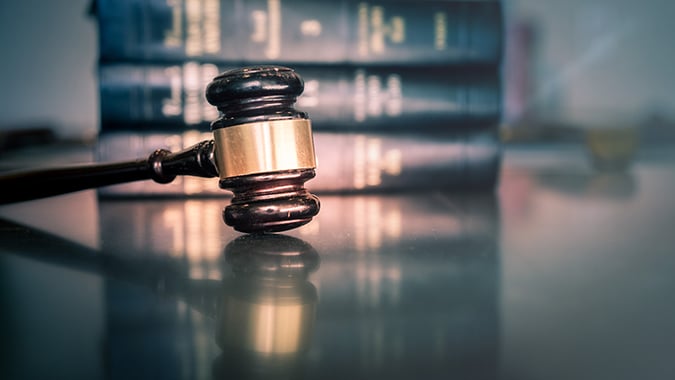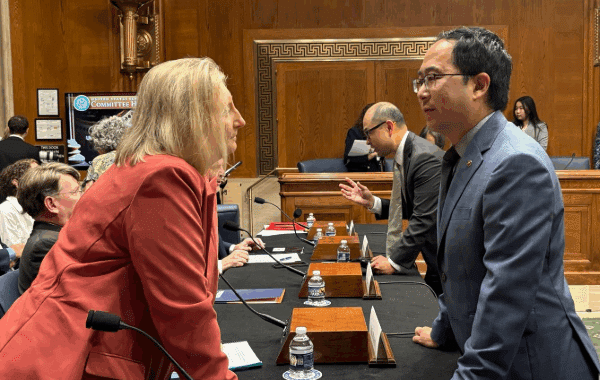Whether or not an arbitration agreement for employer-employee disputes can be enforced seems to be a shifting line. Attorneys at Jackson Lewis sort out the differences between recent U.S. Supreme Court and National Labor Relations Board (NLRB) rulings.
In May, the court ruled that class action waivers in employment arbitration agreements do not violate federal law. In June, the NLRB held that arbitration agreements that could be reasonably construed to prohibit the filing of unfair labor practice charges are unlawful. Do these two rulings contradict each other?
“The NLRB affirmed the primacy of the employee right protected by Section 7 of the NLRA to file unfair labor practice labor charges,” the Jackson Lewis attorneys write. “The ruling clarifies that the Supreme Court’s decision … does not grant employers free rein to resolve all workplace disputes through arbitration.”
The rulings have been inter-related going back to at least 2016 as a result of two otherwise unconnected cases: Epic Systems Corp. v. Lewis in the Supreme Court and Prime Healthcare Paradise Valley, LLC for the NLRB. The Jackson Lewis article has a detailed account.
The bottom line: “Employers with employment arbitration agreements should review them to ensure that they do not expressly limit access to the (NLRB’s) processes or can reasonably be interpreted to do so,” the attorneys write.



